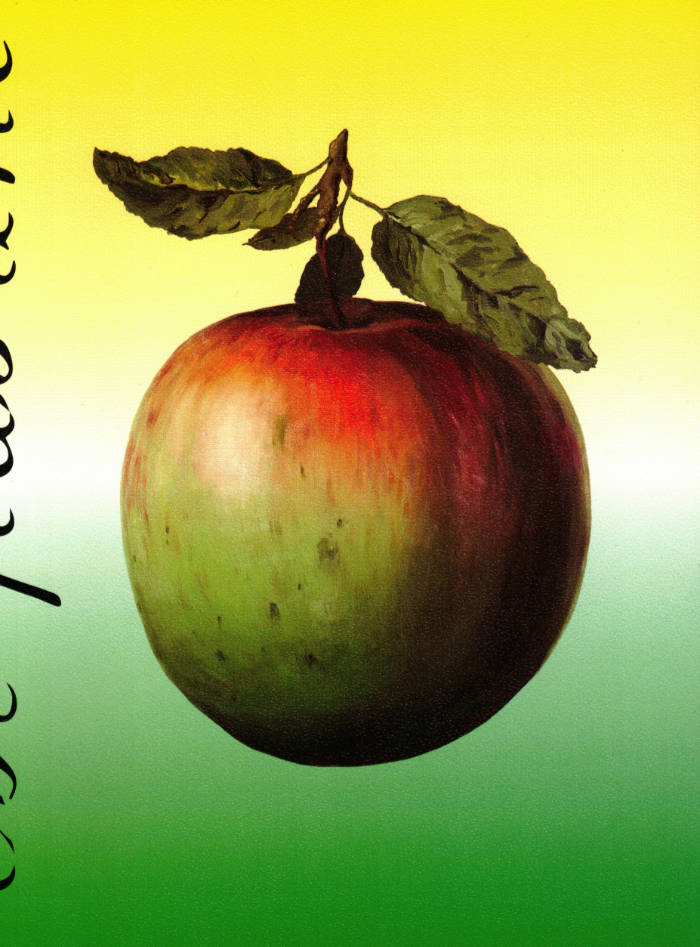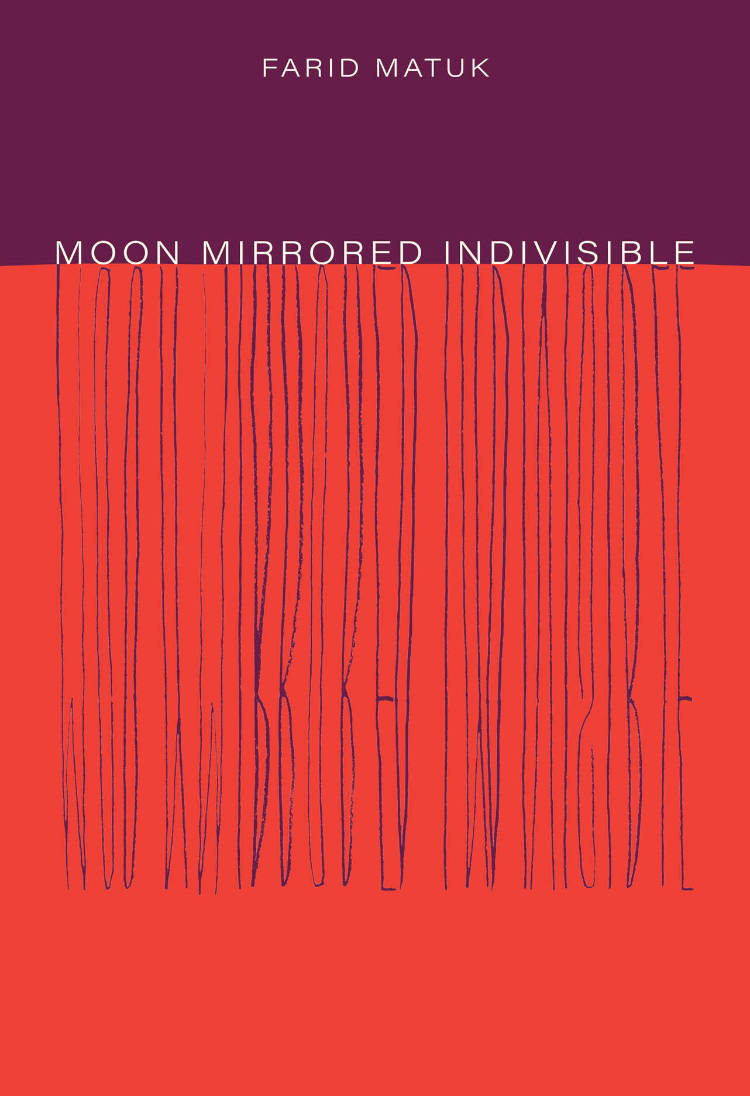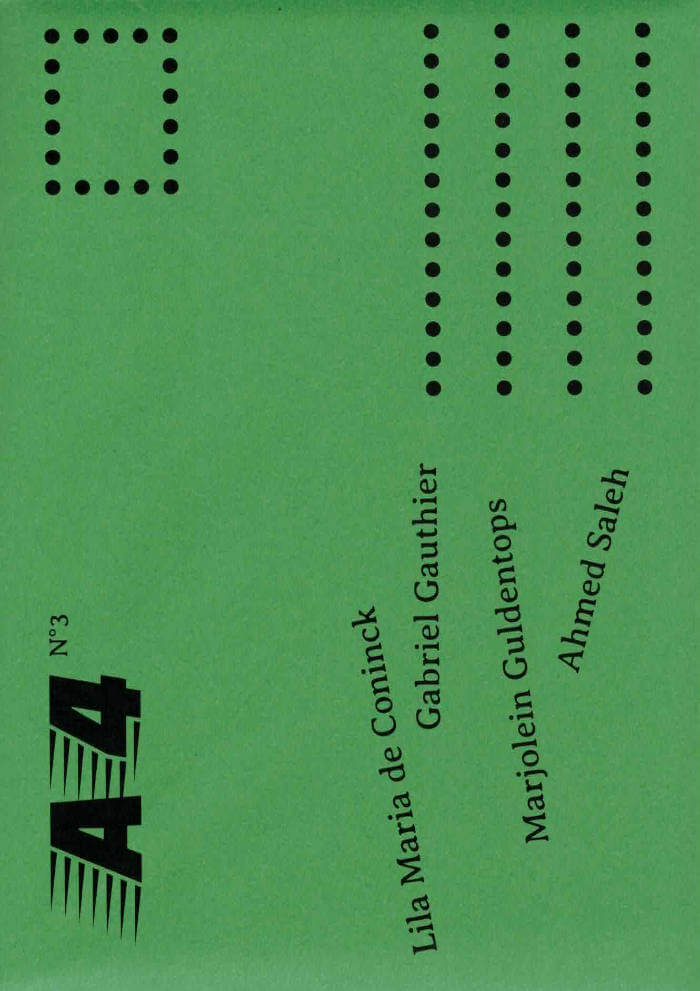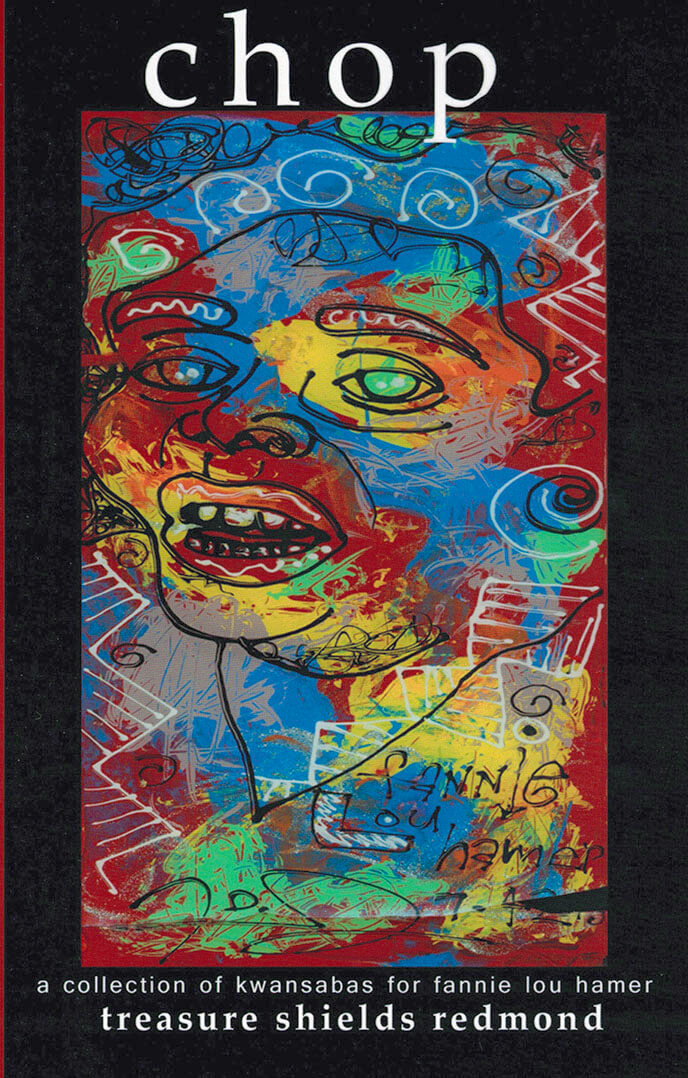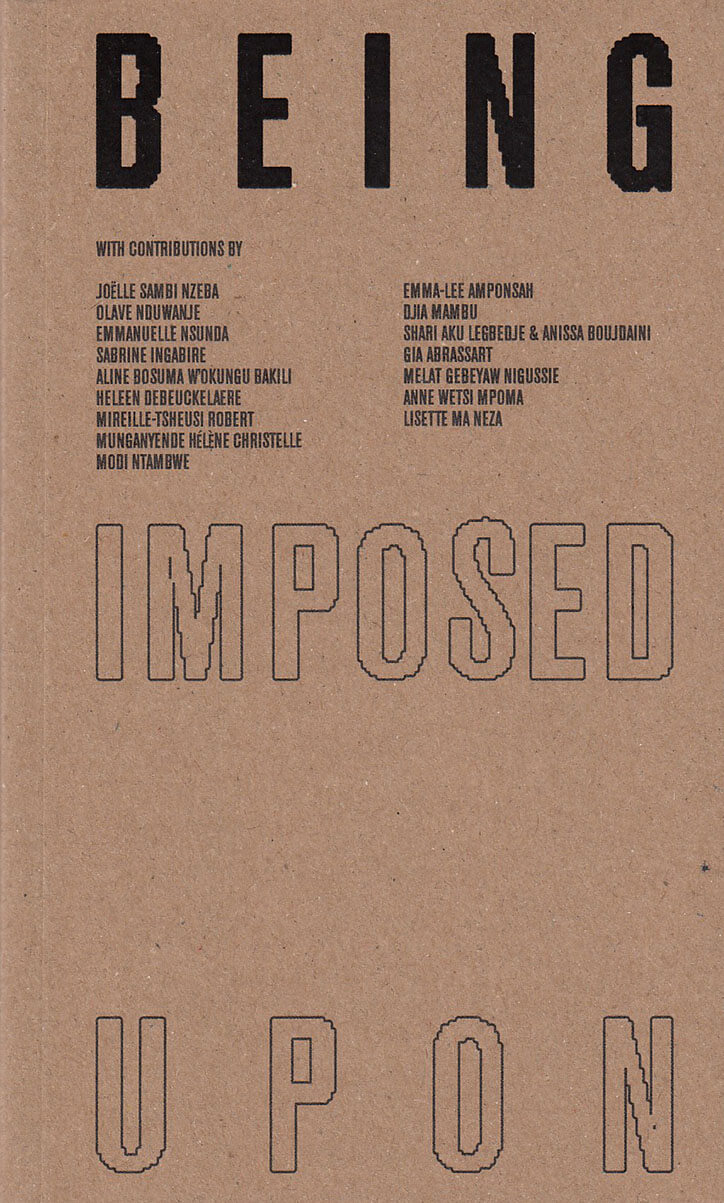
Being Imposed Upon
Lukas Verdijk ed., Vesna Faassen ed.
Being is een tijdloze liefdesbrief en handleiding van en voor zwarte vrouwen. Dit boek is een collectie van reflecties over vrouw- én zwart-zijn in België. In de twee landstalen Nederlands en Frans verenigen wij, zwarte vrouwen, non-fictie essays, literaire beschouwingen, poëzie, activistische en academische teksten rond onze zoektocht naar vrijheid. Dit boek is een eerbetoon aan onze ouderen, onze heldinnen en onze zusters.
///
Nous sommes des Femmes Noires, poétesses, militantes, universitaires, littéraires et essayistes engagées dans des causes afroféministes, antiracistes et décoloniales.
Nous sommes ces Afro-belges néerlandophones et francophones indignées par des siècles d’esclavages coloniaux, de violences et de discriminations raciales.
Nous sommes ces Afrodescendantes qui marquent ici le refus des diverses formes d'impositions qu’elles subissent structurellement et quotidiennement.
Nous sommes ces Femmes aux identités Tierces que l’on oppresse et qui pourtant, à l’aune de l’érosion du pouvoir des bourreaux sur nos corps, nos âmes et nos esprits, réfléchissent à leur condition et travaillent à leur empowerment.
Nous sommes ces Africaines stigmatisées, invitées à rejeter nos origines et qui pourtant vous livrent ici une lettre d’amour intemporelle à toutes les Femmes Noires, à celles qui ont peur et celles luttent.
Nous sommes ces immortelles qui rendront hommage à nos aînées, nos héroïnes, à notre filiation de Résistances. Ce manuel d’émancipation trace les chemins de notre liberté et de notre résilience ; par nous, pour nous !
Impose our freedom.
- Mireille-Tsheusi Robert
Auteurs
Joëlle Sambi Nzeba, Olave Nduwanje, Emmanuelle Nsunda, Sabrine Ingabire, Aline Bosuma W’Okungu Bakili, Heleen Debeuckelaere, Mireille-Tsheusi Robert, Munganyende Hélène Christelle, Modi Ntambwe, Emma-Lee Amponsah, Djia Mambu, Shari Aku Legbedje & Anissa Boujdaini, Gia Abrassart, Melat Gebeyaw Nigussie, Anne Wetsi Mpoma, Lisette Ma Neza
Published in 2020 ┊ 272 pages ┊ Language: English, French, Dutch
